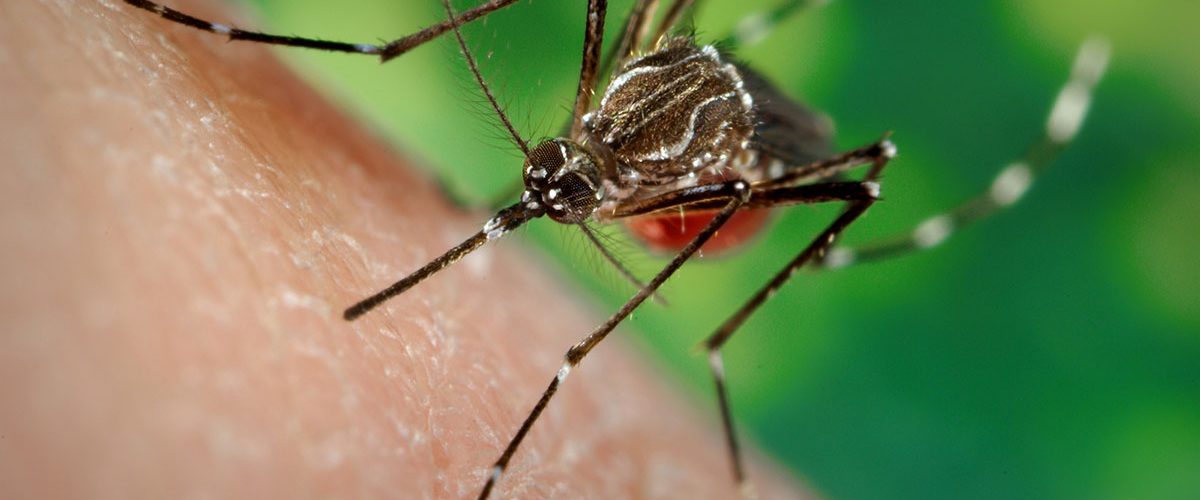Dengue is a mosquito-borne viral infection. The infection causes flu-like illness, and occasionally develops into a potentially lethal complication called severe dengue. The global incidence of dengue has grown dramatically in recent decades. About half of the world’s population is now at risk. Dengue is found in tropical and sub-tropical climates worldwide, mostly in urban and semi-urban areas. There is no specific treatment for dengue/severe dengue, but early detection and access to proper medical care lowers fatality rates below 1%. Dengue prevention and control depends on effective vector control measures. A dengue vaccine has been licensed by several National Regulatory Authorities for use in people 9-45 years of age living in endemic settings.
The Aedes aegypti mosquito is the primary vector of dengue. The virus is transmitted to humans through the bites of infected female mosquitoes. After virus incubation for 4-10 days, an infected mosquito is capable of transmitting the virus for the rest of its life. Infected symptomatic or asymptomatic humans are the main carriers and multipliers of the virus, serving as a source of the virus for uninfected mosquitoes. Patients who are already infected with the dengue virus can transmit the infection (for 4-5 days; maximum 12) via Aedes mosquitoes after their first symptoms appear.
Dengue should be suspected when a high fever (40°C/104°F) is accompanied by 2 of the following symptoms: severe headache, pain behind the eyes, muscle and joint pains, nausea, vomiting, swollen glands or rash. Symptoms usually last for 2-7 days, after an incubation period of 4-10 days after the bite from an infected mosquito. Severe dengue is a potentially deadly complication due to plasma leaking, fluid accumulation, respiratory distress, severe bleeding, or organ impairment.
There is no specific treatment for dengue fever. For severe dengue, medical care by physicians and nurses experienced with the effects and progression of the disease can save lives – decreasing mortality rates from more than 20% to less than 1%. Maintenance of the patient’s body fluid volume is critical to severe dengue care.
The main method to control or prevent the transmission of dengue virus is to combat vector mosquitoes. Careful clinical detection and management of dengue patients can significantly reduce mortality rates from severe dengue.
Recent Outbreaks in Africa
| Year | Countries | Cases | Deaths |
| 2017 | Burkina Faso | 9,029 | 18 |
| Côte d’Ivoire | 623 | 2 | |
| 2016 | Burkina Faso | 1,266 | 15 |
| 2015 | Egypt | 28 | – |
| 2009 | Cape Verde | 16,744 | – |

